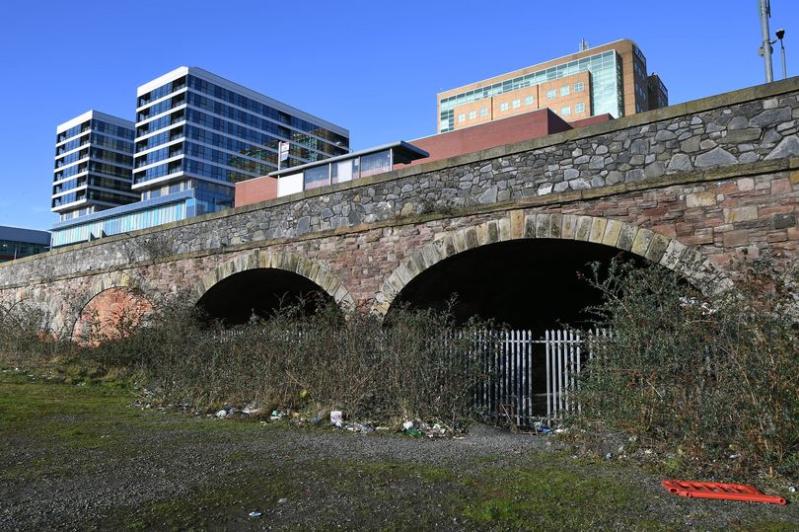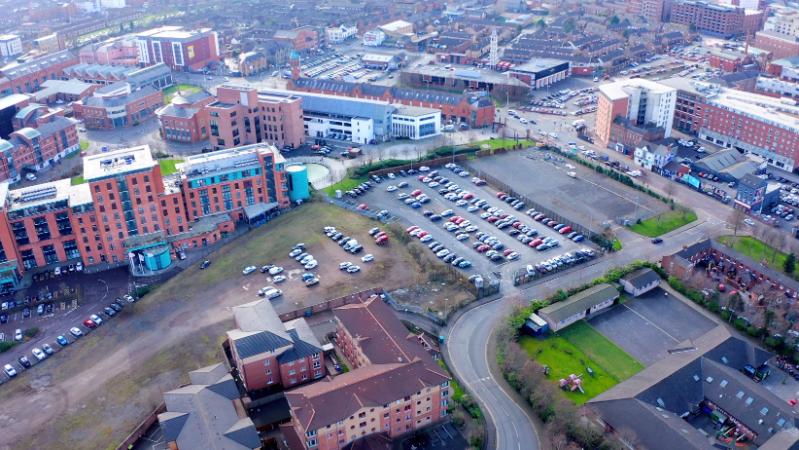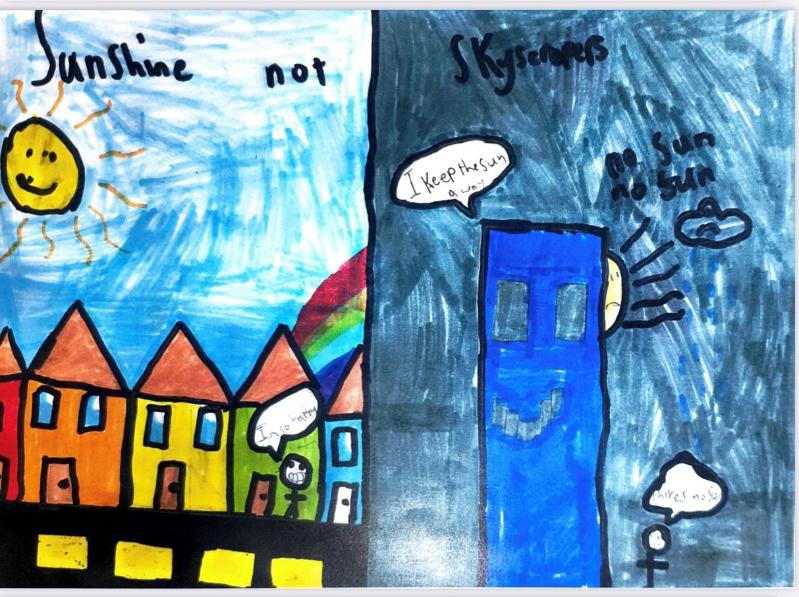OUR WORK
Key Projects of the Partnership
Queen's Communities and Place with MDA

In this programme of work, QCAP will help to regenerate communities and support social enterprises to create alternative approaches to economic inclusion and local development.
This will involve providing practical support for individual communities to help them develop asset-based social enterprises that provide services and facilities that local people need, control and gain value from. This work is also conceptual and aims to bring theories, international practice, and global expertise to better understand the impact, capacity, and potential of the social economy on the most disadvantaged people and places. Finally, a significant focus will be on our engaged programme of work with the Market Development Association in South Belfast. Here we will deliver an area-based programme that will support capacity building, market research, social innovation and technical support to the respective area based and sectoral social economies. It will also provide opportunities for undergraduate and postgraduate research as well as multi-disciplinary projects with the Market community across the key areas of programme work.

In partnership with the Market community in South Belfast, we are carrying out a qualitative longitudinal study called ‘Growing up in the Market’.
The study will follow children, young people, and their families over three years to understand better the persistent challenges identified by our partner community such as declining educational and employment opportunities, widening inequalities related to mental health and wellbeing and other harmful consequences connected with disadvantage and inequality. While the study is anchored within young people’s choices around education at specific transition points from childhood to young adulthood, we use a place-based approach to find a range of possibilities that might work more effectively to find solutions to local challenges than previous approaches. 'Growing up in the Market' is a core pillar of QCAP’s integrated research approach to enhance understanding of the enduring nature of place-based social disadvantage in order to design, deliver and evaluate sustainable change to local economic, social and environmental challenges.

The growth of advanced industries in Northern Ireland—those based on knowledge-intensive activities and intellectual capital—has created opportunities for broader societal progress. However, as this knowledge economy expands, the most divided and disadvantaged of our communities have been pushed further to the margins.
Critics of the knowledge economy highlight the disproportionate risks to those already in areas of high deprivation in terms of skills gaps, poverty, political alienation, and poor social mobility. QCAP is collaborating with community stakeholders to address community-based disadvantage and the barriers that preclude their participation in a knowledge-based society and is platform for supporting our communities to participate within the knowledge economy. This work strand seeks to create a more inclusive knowledge economy and provides a platform for Queen’s University, as an anchor institution, to directly support the needs of our local communities and ensure that they can adapt and thrive in future economic realities. We leverage the resources and scholarship available within the University to co-create educational, research, and innovation opportunities that are necessary for the most marginal people and places to gain access to our knowledge-based society.

The Greater Shankill Partnership Board and Children and Young Persons’ Zone has been working with the primary and post-primary schools serving the Shankill community to identify areas for support.
A clear consensus emerged on the need for tailored professional development support for teachers and school leaders, so we were invited to lead some discussions to identify key priority areas. These discussions identified four main areas of interest: support for middle managers in schools; the sharing and dissemination of good practice; supporting school principals; and an induction programme for new teachers on the history of the Shankill community. With the support of the schools and the Greater Shankill Partnership, we have established Design Teams to develop professional development programmes on all four themes. Once this work is completed, we will together seek funding to run the programmes for teachers across all the schools. The key features of the proposed programmes are that they will be co-designed by the schools, community and University, and they will address specific challenges and opportunities facing schools in the Shankill area.
Children, Learning and Inclusive Places (CLIP) is a joint research initiative between the University of Glasgow’s Children’s Neighbourhood Scotland (CNS) project and Queen’s Communities and Place.
Funded by the ESRC, it explores the potential of a capabilities framework to understand how children relate to their built environment as well as climate change more broadly. Working across communities in both Glasgow and Belfast, the project aims to move beyond passive consultation with children to explore how they act as activists in their own neighbourhoods. We are using a range of participatory methods with children in the Market area of south Belfast to understand how they use, and what they think, about their neighbourhood. We evaluate their appetite for activism and look at how we can better support children to play a direct role in developing their neighbourhood, advocate for policy change and shift attitudes to the threat of climate change.
